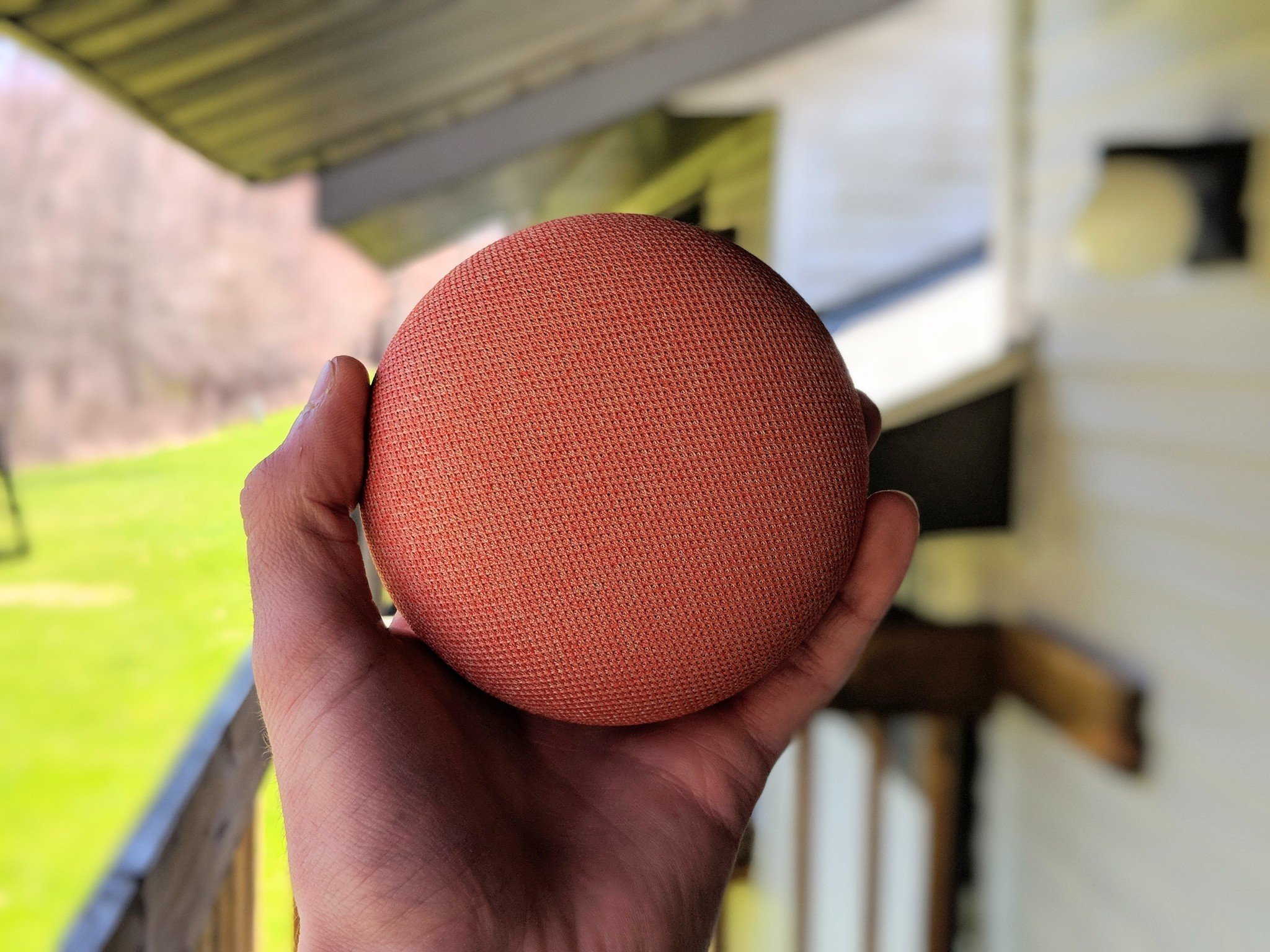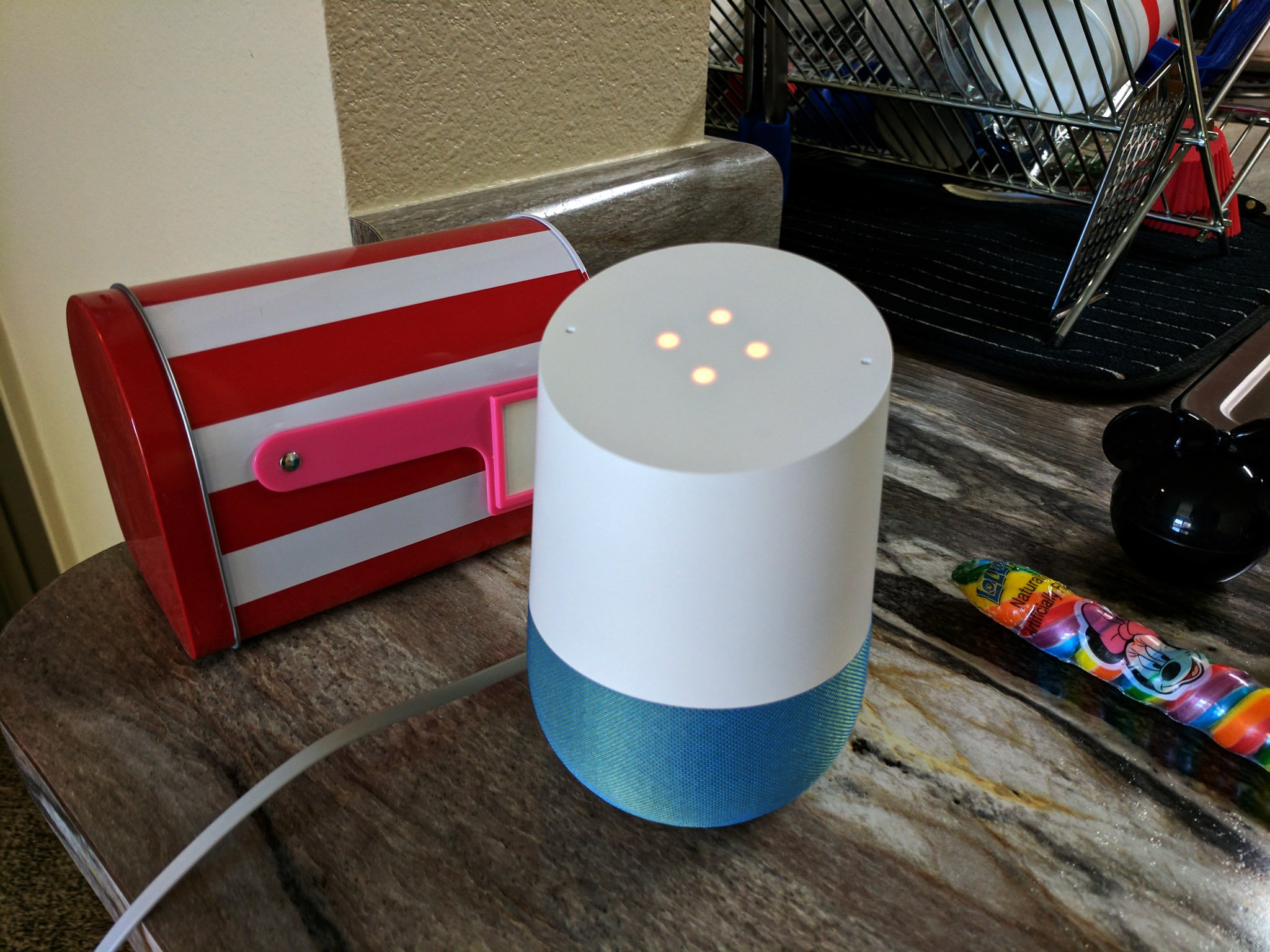Google will begin deleting audio data for Voice & Activity users in the future.
What you need to know
- By default, Google will no longer store any audio data on you from using Assistant.
- Google only stores audio data on you if you've enabled Voice & Audio Activity where humans may listen and transcribe audio clips to improve accuracy.
- Later this year Google will introduce sensitivity settings for the keywords that activate Assistant and begin deleting audio data older than a few months for VAA users.
Back in July, we reported that Google has human employees listening to audio clips recorded from Google Home smart speakers and the Google Assistant app. This came months after we covered that Amazon was doing the same thing with Alexa enabled devices.
The reason both companies allow humans to transcribe the audio clips taken is a simple one — to improve the accuracy of the speech recognition. As reasons go, it's a good one, but most people value their privacy and were not pleased to know another person was listening in on them.
To make matters worse, the report showed some of the clips were recorded by mistake. This happens when the speaker is activated by words that sound similar to the hotword "Okay Google", "Hey Google" or if you press the button by mistake on your phone. That resulted in some candid discussions being overheard and later transcribed by an employee or contractor.
The fact that your conversations can be mistakenly recorded and heard by a stranger is disconcerting, to say the least. Even though Google doesn't attach any identifying information to the clips, it is still possible to overhear personal details and even trace some of the recordings back to the person in the clip.
Today, Google posted an update on its blog to address this issue and other privacy concerns. The main takeaway is that, by default Google, won't store any audio recordings.
By default, we don't retain your audio recordings. This has been the case, and will remain unchanged. You can still use the Assistant to help you throughout the day, and have access to helpful features like Voice Match.
It continues on to say the only time Google will store an audio recording is if you enable the Voice & Audio Activity setting. By opting in, this will help Assistant learn your voice better over time and improve the accuracy for you and everyone who uses Google Assistant. It will also allow for some humans to listen and transcribe some audio clips in order to help with that.
In an effort to be more transparent, Google is now updating the setting to inform users that human reviewers may listen to the clips.
We take a number of precautions to protect data during the human review process—audio snippets are never associated with any user accounts and language experts only listen to a small set of queries (around 0.2 percent of all user audio snippets), only from users with VAA turned on. Going forward, we're adding greater security protections to this process, including an extra layer of privacy filters.
The other big news includes that Google is working on a way to adjust the sensitivity of the keywords "Okay Google" and "Hey Google". While Google already immediately deletes any unintentionally recorded audio when activated by accident, some mistakes still happen. This should help prevent more accidental activations and recordings in the future.
Finally, later this year, Google will begin automatically deleting audio data older than a few months for users who opted in to VAA.
Smart speakers
Google Home Mini
Small and smart
The Google Home Mini is one of the cheapest and easiest ways to start or expand your smart home. Powered by Google Assistant this tiny speaker can play music, answer questions, and control your smart home.



Tidak ada komentar:
Posting Komentar